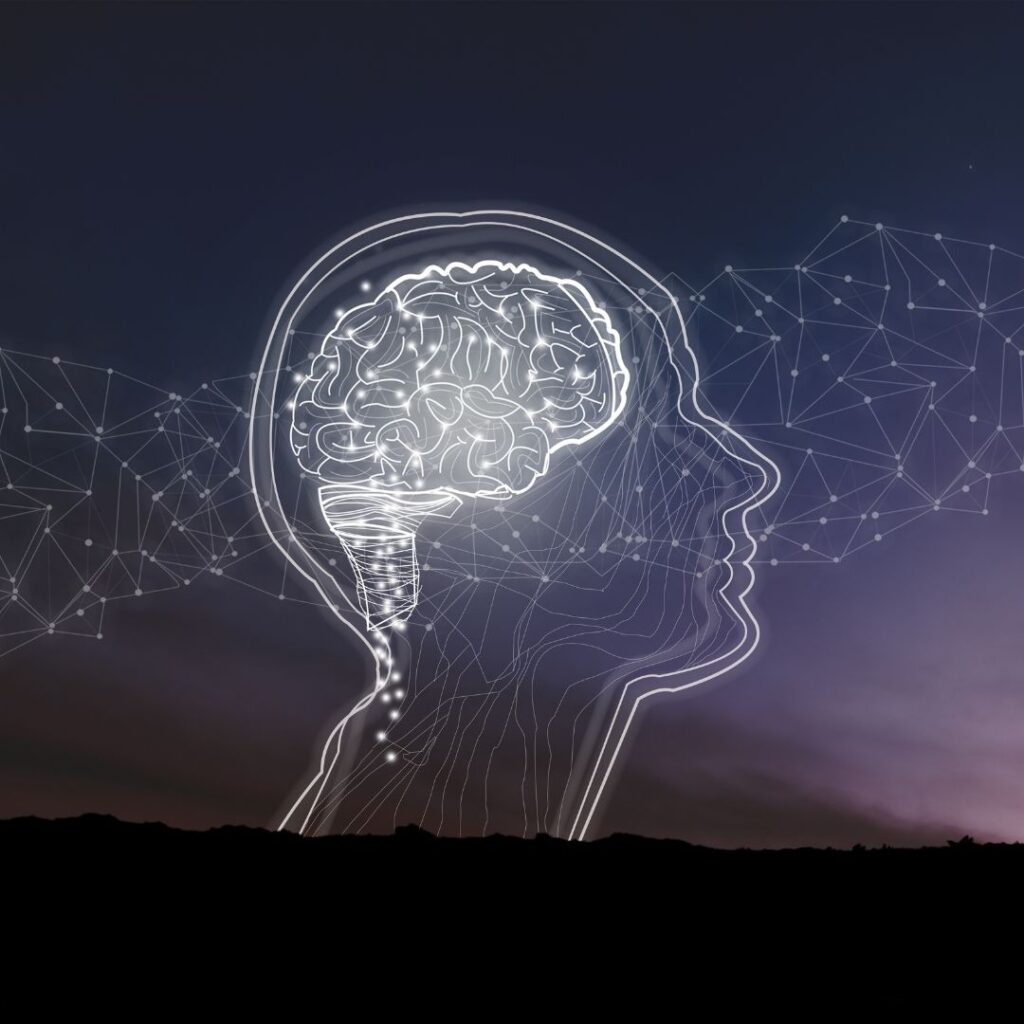Mindd is an acronym that stands for Metabolic, Immunologic, Neurologic, Digestive, Developmental conditions that often affect the mind.
Metabolic
Our metabolism converts food to energy for our body, brain, immune system and more. It also helps clear out toxins from food and the environment that otherwise weaken immunity and strain all body systems.
Immunologic
The immune system is our best defence against the bacteria, virus and microbes that make us sick and adversely effect brain function. The immune system requires an effective metabolism and digestive system.
Neurologic
Neurological disorders like ADHD, depression, anxiety and Autism often result from nutritional deficiencies, microbe infections and/or gastrointestinal dysfunction. 70% of the neurotransmitters in the brain are also in the digestive tract, so digestive health directly impacts mental health and emotional health impacts digestive health.
Digestive
Our digestive system is designed to absorb nutrients and block out toxins. These nutrients feed into neuro-transmitters that tell our brain how to behave. If our digestive system is not working properly, all brain and body systems are adversely affected.
Developmental
Many individuals who have metabolic, immunologic and digestive disorders during childhood also have overlapping neuro-developmental conditions such as issues with sensory integration, motor coordination and auditory and visual processing. Nutrient depletion, toxicity and infections can also adversely impact on neuro-development.
Mindd Summary
The seemingly unrelated disorders of allergies, asthma, ADHD, anxiety, learning delay, digestive disorders and Autism are interconnected. Many studies have shown that modern toxins, nutritional deficiencies and faulty metabolisms damage our immune and digestive systems. This in turn triggers most of the symptoms associated with these disorders.
The Biomedical approach offers individualised treatment to remedy the root causes of these disorders. Often digestive healing, detoxing, dietary changes, nutritional supplements, and other clinically tested treatments are recommended.
The integrative approach recognises that muscular-skeletal systems, emotion and energy fields also impact on health. Appropriate therapies are important to treat mind, body, and emotions.
Many individuals with Mindd issues also experience problems with auditory and visual processing and sensory integration. It is important to seek appropriate therapies once the above issues have been addressed.
Where can I find a certified practitioner?
Finding a well-trained Integrative and/or Functional practitioner requires research but is a vital step in treating complex and chronic illness.
Below are links to lists of practitioners worldwide. We recommend you research the scope, expertise and experience of any practitioners you are considering.
U.S. & Global
Institute of Functional Medicine
https://ifm.org/find-a-practitioner/
Integrative Medicine for Mental Health
http://www.immh.org/find-a-practitioner/
Medical Academy of Paediatric Special Needs (MAPS)
http://www.medmaps.org/clinician-directory/
Australia & New Zealand
Mindd Foundation
https://directory.mindd.org/
The Australian College of Nutritional & Environmental Medicine (ACNEM)
https://www.acnem.org/practitioners/
UK
The British Society for Ecological Medicine
https://www.bsem.org.uk/pages/14-practitioners
Disclaimer: Mindd Foundation does not endorse any specific individuals listed and makes no representations, warranties, nor guarantees and assumes no responsibility for any services provided. Mindd Foundation expressly disclaims all liability for damages of any kind as a result of using any products or services provided by those listed.



